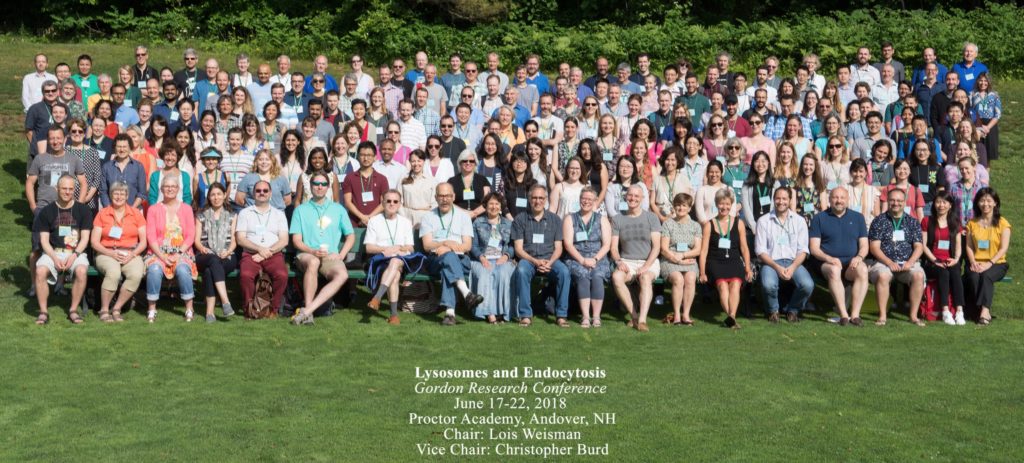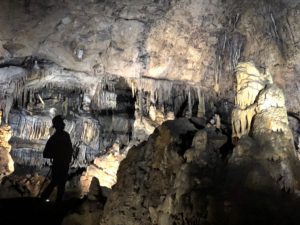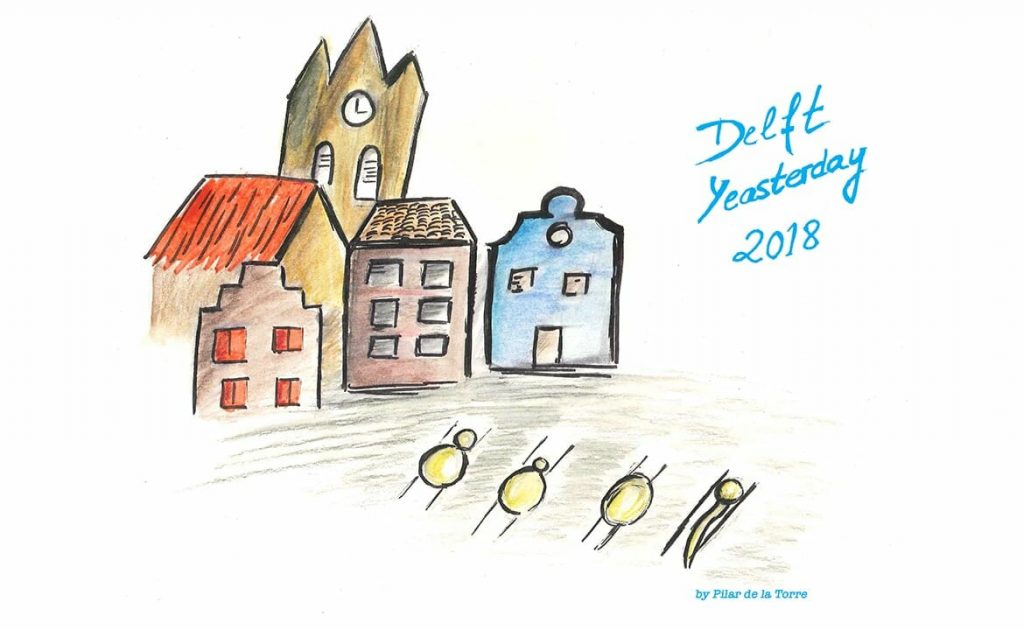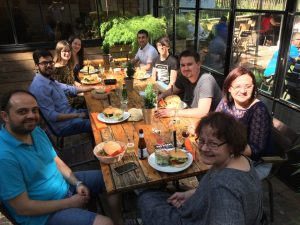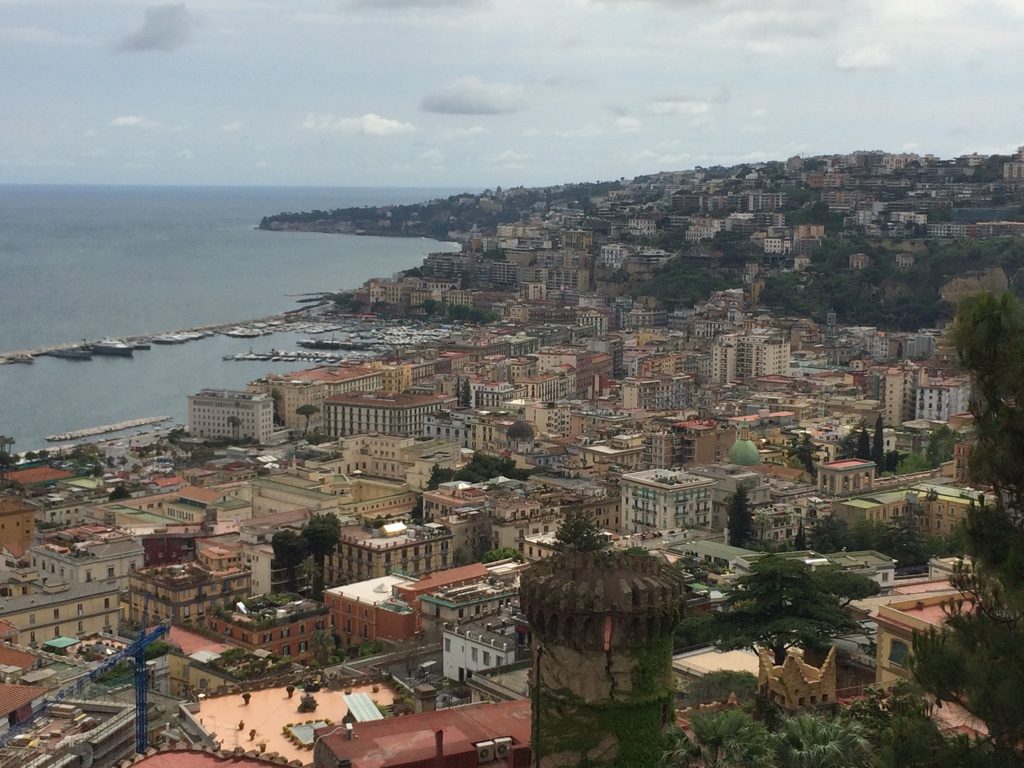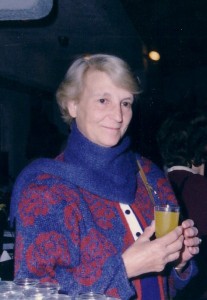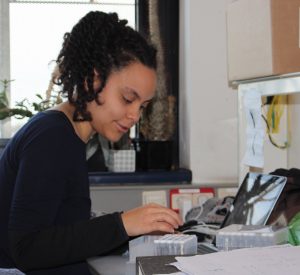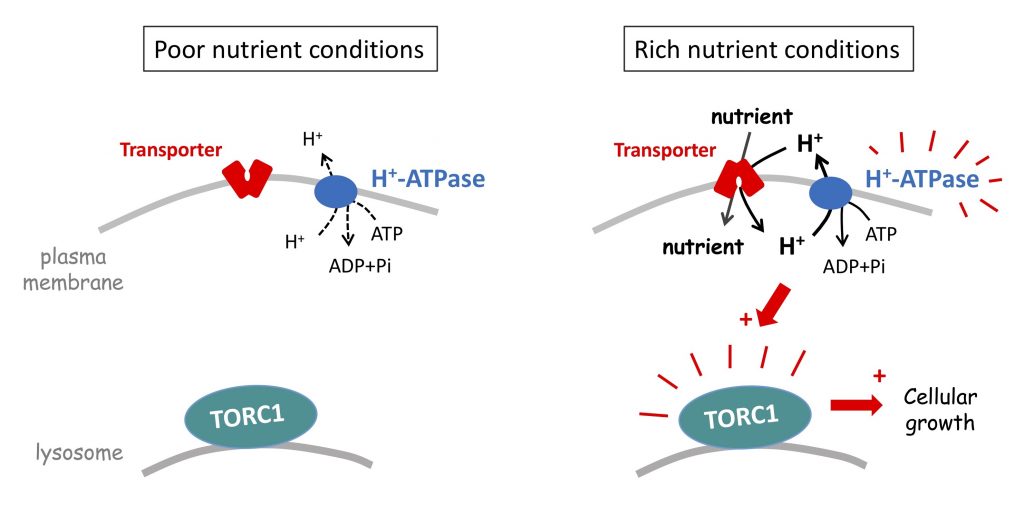Céline Barthelemy and Christos Gournas attended the last “Lysosome and Endocytosis” Gordon conference held in Andover (USA) on 17-22 June 2018. Christos was invited to present a talk on “Conformatin-Dependent Partitioning of Nutrient Transporters into Endocytosis-Protective Membrane Domains”. Céline presented in a poster her recent work about the ubiquitylation and endocytosis of the human LAT1 amino acid transporter.
|
|||||
|
|
|||||
|
Copyright © 2025 Molecular Physiology of the Cell - All Rights Reserved Powered by WordPress & Atahualpa |
|||||
